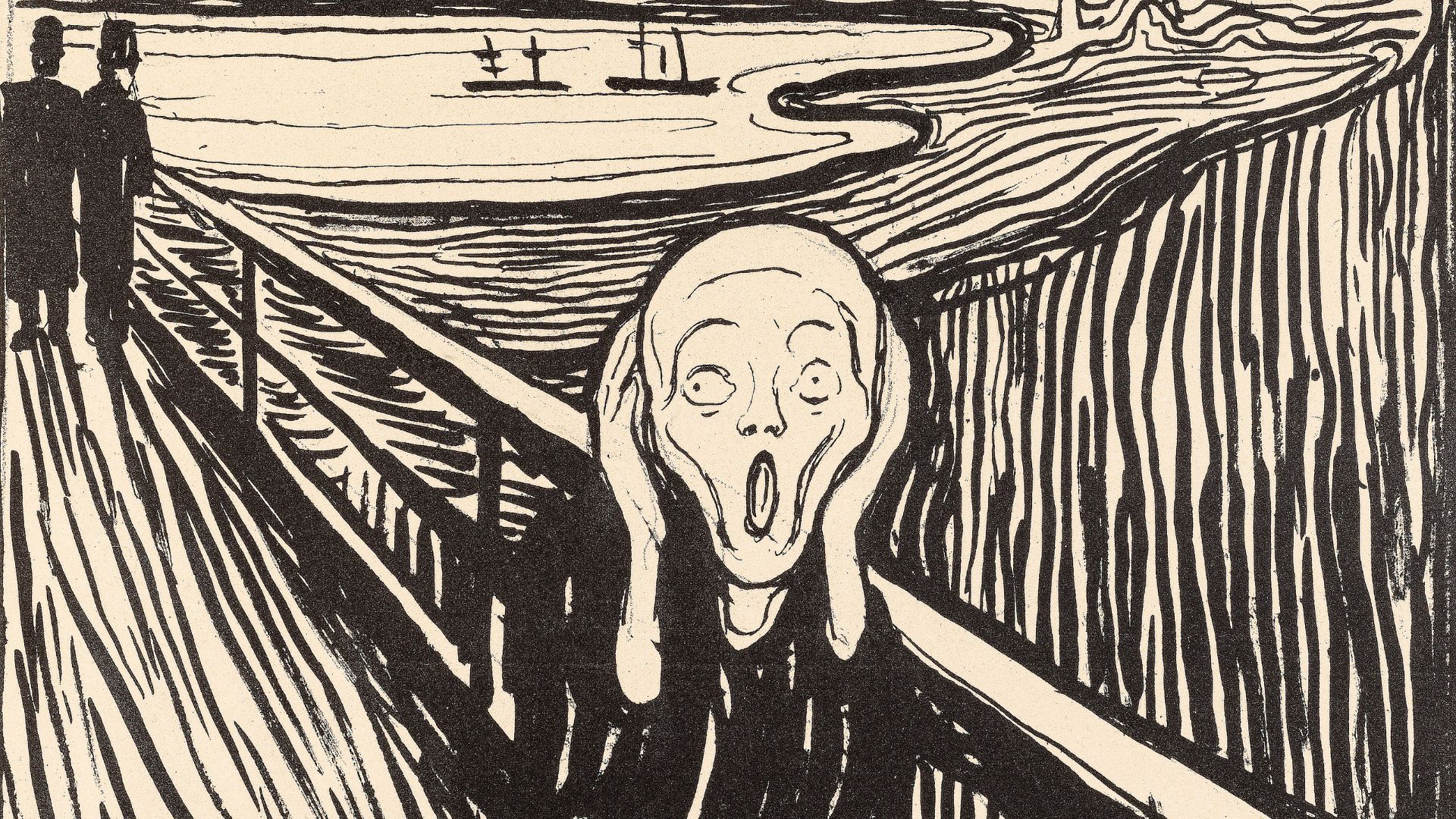Prof Dr Bernadette Malinowski, Angela Malz, Dr Ulrike Uhlig, Elisa Weißer and Diana Kopka will talk about the following books:
Isabelle Graw, Fear and Money
The book is like a stream of anxiety fuelled by individual and social fears of loss and money worries. Written as an inner monologue, it brings to bear affects and moods that are no stranger to anyone in today's crisis-ridden world. The anxieties lurking around every corner are confronted in this book with psychoanalytical depth. Anxiety and money is by no means aimed at overcoming our worries and fears. Rather, they are a welcome occasion and catalyst for literary writing.
Carsten Henn, The Book Traveller
In Carsten Henn's "Der Buchspazierer" (The Book Walker), Carl Christian Kollhoff, a bookseller, brings some special customers their ordered books home, in the evening after closing time, on his walk through the picturesque alleyways of the city. These people are almost like friends to him, and he is their most important connection to the world. When Kollhoff unexpectedly loses his job, it takes the power of books and a nine-year-old girl for them all, including Kollhoff himself, to find the courage to approach each other.
Rainer Maria Rilke, The Notes of Malte Laurids Brigge
Malte Laurids Brigge moves from rural Denmark to Paris, one of the largest metropolises at the turn of the century. What he finds there - technological progress, social problems and anonymity - deeply unsettles the young poet and leads him into an existential crisis. In diary-like notes, he reflects on his childhood, his uneasiness in the foreign world and the pull of the pulsating metropolis.
Volker Weidermann (ed.), Jenny Erpenbeck on Christine Lavant
Jenny Erpenbeck shares her fascination with Christine Lavant (1915-1973), whose poems she read for the first time when she was living in Graz in the mid-nineties. She is fascinated by a woman who, through her passion for reading, sensitivity and intelligence, wrote her way out of the miserable existence that was marked out for her by illness and poverty. Christine Lavant's profound perception of her own suffering is juxtaposed with angry questions about the absent God, her pride as a poet with the modesty of her personal existence, the loneliness of an outsider with an irrepressible sense of humour.
An event organised in cooperation with the University Library of Chemnitz University of Technology under the direction of Angela Malz.
